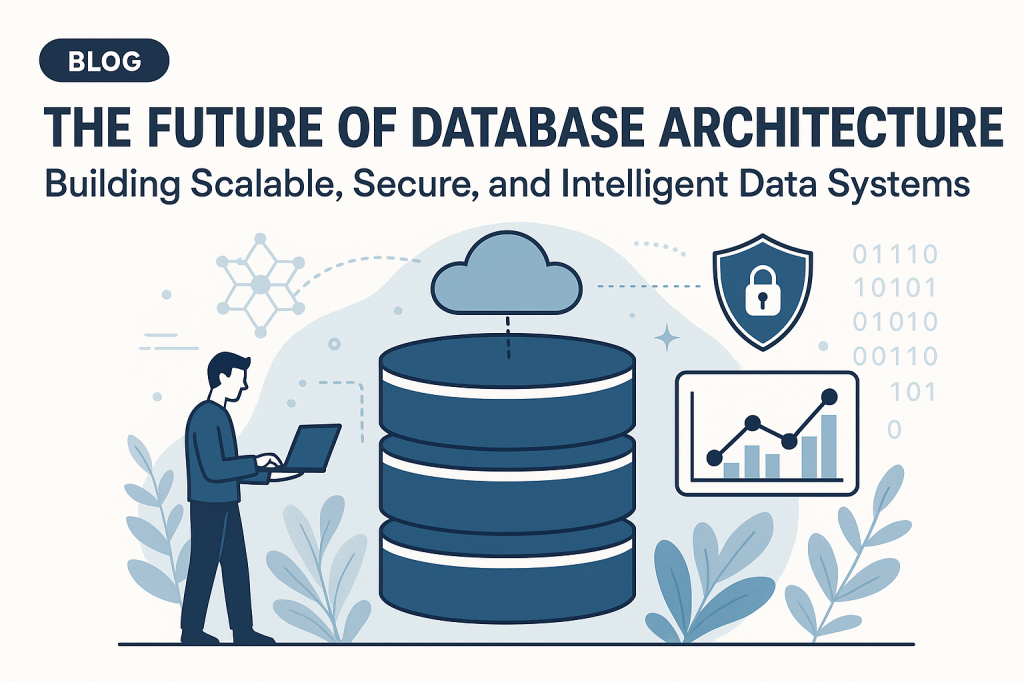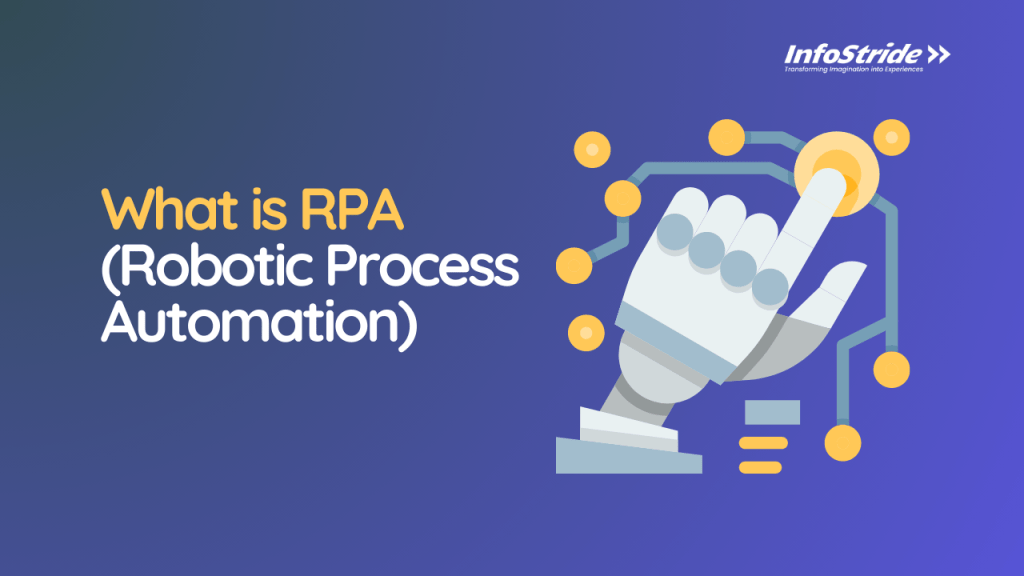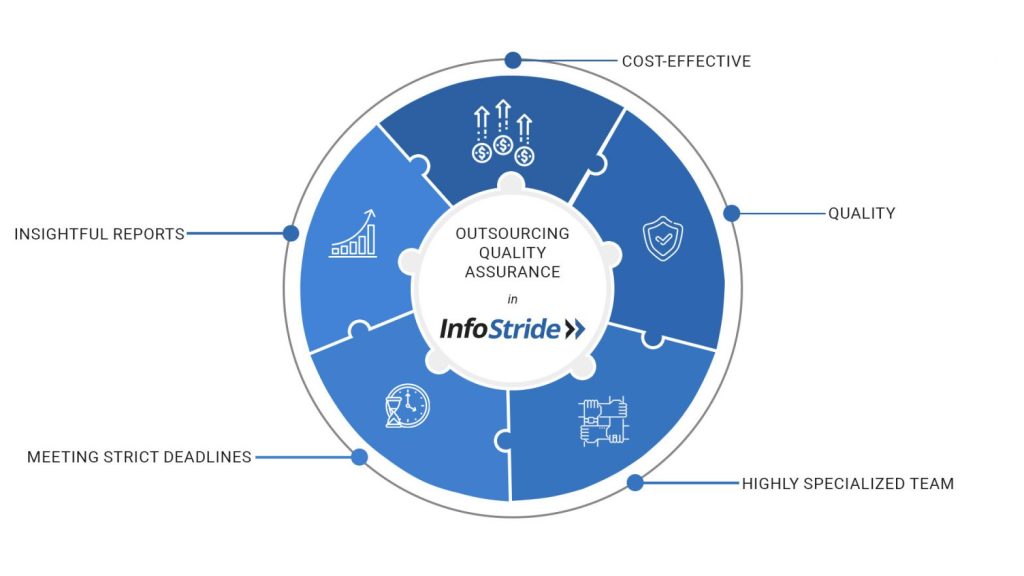In recent years, generative AI (Gen AI) has emerged as a transformative force, reshaping various industries, including the public sector. The Center for Public Sector AI is a pivotal resource for governmental agencies eager to harness AI’s potential. By offering strategic guidance on AI policy, procurement, and application, the Center ensures that public agencies are well-equipped to adopt and implement AI responsibly and effectively. This blog explores how Gen AI is revolutionizing government service delivery and addresses the challenges and opportunities it presents.
Generative AI’s Impact on Employment
Whether we embrace it or not, Gen AI is here to stay. According to recent studies, 75% of U.S. knowledge workers reported using generative AI at work. The integration of AI into various job roles is significant, with 19% of American workers in positions highly exposed to AI. This exposure means that a substantial portion of their tasks could either be replaced or significantly assisted by AI technologies. Researchers found that up to 80% of the U.S. labor force might see at least 10% of their work tasks affected by AI, and 19% could experience an impact on at least 50% of their tasks. Higher-income jobs, which typically require specialized skills, are particularly susceptible, indicating a trend towards integrating more AI capabilities into these roles.
Growing Adoption of Gen AI in Government
Generative AI solutions are rapidly expanding across demographic bands, with newer workforce entrants expected to be proficient in these technologies. In 2023, 50% of state and local government agencies were hesitant to implement Gen AI. However, by 2024, 56% of these agencies are actively exploring potential use cases, highlighting a significant shift towards embracing AI.
Organizations are at various stages of Gen AI adoption:
- 28.2% are nascent, just beginning conversations about AI.
- 55.7% are emerging, exploring potential use cases.
- 16.0% are developing, actively implementing and refining AI solutions.
- 0.0% have established or mature AI integrations, indicating that full integration is still on the horizon.
Moreover, about half of state and local government professionals have used AI in their work, with IT professionals being slightly more likely (61.6%) to incorporate AI into their tasks.
Strategic Planning and Policy Development
Many governmental organizations are still in the planning stages of developing comprehensive AI strategies:
- 4.9% have fully developed an AI strategic plan.
- 49.5% are in the process of developing one.
- 34.6% have not yet started.
- 11.0% are unsure about their AI strategic planning status.
Current and draft policies often cover critical aspects such as data privacy (88.9%), safety and security (82.2%), and accountability (80%). However, bias and fairness are covered by only 54.4% of these policies, despite being a top concern (55.5%) alongside ethical use and data privacy (both 59.9%).
Positive Impacts and Use Cases
Governments foresee AI having the most positive impact in IT and cybersecurity (66.4%), public administration (47.4%), and education and workforce development (38.0%). Top use cases for Gen AI include:
- State Level: Cybersecurity/fraud detection, administrative assistance, predictive analysis, public communication, and constituent engagement tools.
- County Level: Constituent engagement tools, public communication, cybersecurity/fraud detection, administrative functions, and policy creation.
- City/Town/Village Level: Constituent engagement tools, predictive analysis, administrative assistance, cybersecurity/fraud detection, and administrative functions.
Challenges in AI Implementation
The primary barrier to AI implementation in the next 12-18 months is the lack of staff with AI-related skills and knowledge. Other significant concerns include ethics, data privacy, data quality, bias, and fairness.
How InfoStride Can Help?
InfoStride is uniquely positioned to address these challenges and assist government agencies in navigating the complexities of Gen AI adoption. With our expertise in Generative AI, we provide comprehensive solutions that encompass:
- Strategic AI Planning: Helping agencies develop robust AI strategies tailored to their specific needs.
- Ethics and Compliance: Ensuring AI solutions are designed with fairness, transparency, and accountability in mind.
- Staff Training and Development: Offering training programs to equip government employees with essential AI skills.
- Customized AI Solutions: Implementing AI tools for cybersecurity, administrative assistance, public communication, and more.
InfoStride’s deep understanding of generative AI and commitment to ethical AI practices make us an invaluable partner for government agencies looking to leverage AI to enhance service delivery.
Conclusion
Generative AI is revolutionizing the way government services are delivered, offering numerous opportunities for efficiency and innovation. However, the journey towards full AI integration is fraught with challenges, particularly around skills, ethics, and policy development. By partnering with experts like InfoStride, government agencies can navigate these challenges effectively and harness the full potential of generative AI to serve their constituents better.











